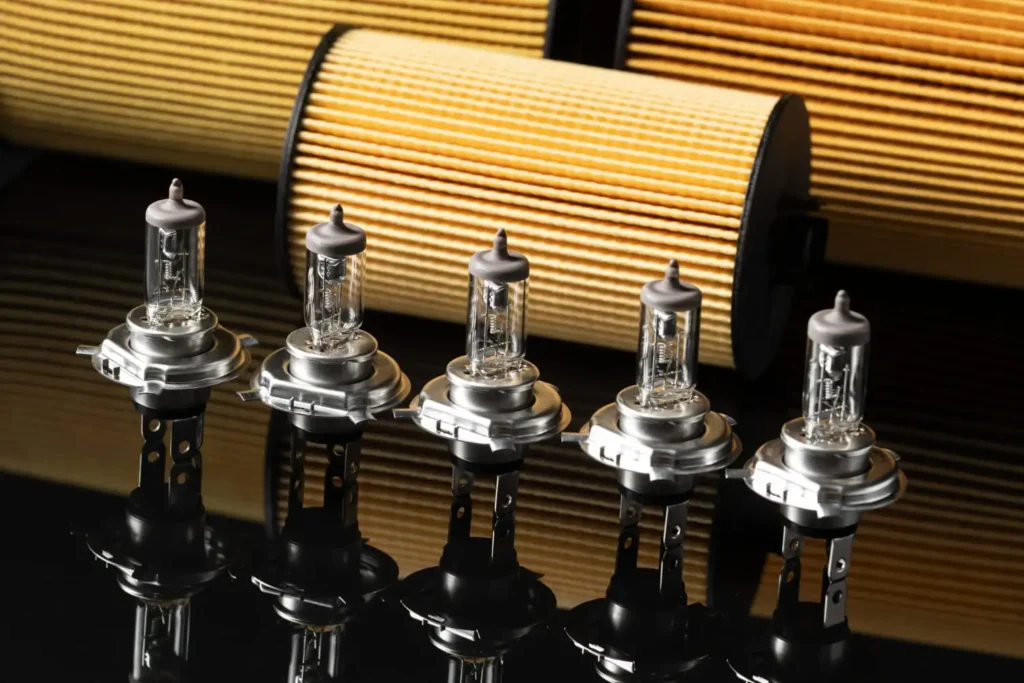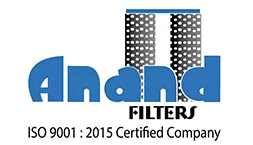
How many types of filters are used in hydraulics oil filters?
Heavy machinery and equipment have a wide range of uses for hydraulic systems. Regretfully, if minute particles or trash are allowed to accumulate, they can harm a hydraulic system irreversibly. Hydraulic oil filters shield systems and components from scratching, dirt, and other harm. In many different hydraulic systems, filters for hydraulic oil, filter impurities out of the oil. These filters, which come in canister or inline varieties, capture impurities in the oil as they flow through a filter element. Since both can lead to issues in hydraulic systems, hydraulic filters must be able to extract water and particle matter from the oil. Different particle sizes will need to be eliminated depending on the application.
Types of Hydraulic Oil Filters
Choosing a hydraulic oil filter that fits your project’s requirements and system requirements is crucial because many different types of filters are available. Below, we will go through the most common filter types and their applications:
Suction Filters
Suction filters are installed at the pump’s inlet to ensure no impurities reach the pump. You must put this filter straight into pump suction lines below the reservoir’s minimum fluid level. Unlike strainers, suction filters require less maintenance and offer the hydraulic system more economical protection. Pump wear debris does not shield downstream components from suction filters. Additionally, some variable-volume pumps might not be suitable for suction filters.
Pressure Line Filters
These filters are installed after the pump to ensure the safety of higher-priced components situated further downstream. Pressure filters can operate at high pressures when removing internal contamination that has formed within the system. Additionally, this enables the protection of particular components. A reduction in costs associated with component repair or replacement, downtime, and maintenance.
Return Line Filters
Installing return line filters in the line that leads back to the reservoir is standard practice. Generally speaking, these filters have low pressure. They can be placed either along the return line or inside the tank, and they collect impurities from the fluid as it is being returned to the reservoir. Using return line filters is essential to keep the hydraulic fluid clean, thereby enhancing the lifespan of the hydraulic components.
Off-Line Filters (Kidney Loop Systems)
Kidney loop systems, another name for off-line filters, function separately from the primary hydraulic circuit. After filtering, the fluid is drawn from the reservoir and returned by an off-line filter. Because these filters are within reach, people typically find them more accessible to maintain. Popular off-line filter types include portable carts serving several hydraulic systems and drum toppers.
Breather Filters
The reservoir breather filters are positioned within the reservoir while the air moves toward the hydraulic system tank. They are responsible for removing particles that may have entered the system through the air. The purity of the hydraulic fluid is essential to the general health of the hydraulic system, and the role that breather filters play in maintaining this cleanliness is critical.
Spin-On Filters
The installation of spin-on filters is restricted to return lines because they are designed specifically for use in inline applications. This hydraulic oil filter works most effectively in low-pressure systems that do not experience high-pressure surges. Utilizing spin-on filters on the appropriate system offers a cost-effective and low-maintenance option for hydraulic filtration applications.
Magnetic Filters
Magnetic filters eliminate ferrous particles from hydraulic fluid. They keep the fluid clean using magnetic fields to draw in and hold onto metal impurities. Magnetic filters’ unique capacity to exclude metallic particles improves filtration efficiency. These filters are beneficial in systems with a high risk of metal contamination.
Choosing the Right Hydraulic Oil Filter
There are a few essential considerations when selecting hydraulic oil filters for your hydraulic system. While making the choice, keep the following things in mind:
Viscosity of oil: The type of filter you want will depend partly on how viscous your hydraulic oil is. A filter with a higher flow rate is required to achieve adequate filtration when using high-viscosity oil.
Operating temperature: Your system’s operating temperature will also impact the hydraulic oil filter you select. If your system operates at high temperatures, you will require a filter that can resist such temperatures without becoming damaged.
Contaminants: Another essential aspect to consider is the different types of pollutants present in your system. Since various filters are designed to eliminate various types of impurities, it is essential to select a filter suitable for the application you already have.
Conclusion
Hydraulic oil filters are crucial to any system that relies on pressured fluid to sustain the operation of its components. If you do not have the appropriate filter, you will almost certainly notice that dirt or other impurities create significant harm and trouble for your apparatus. It is possible to select the appropriate filter for your application if you thoroughly understand the many types of hydraulic oil filters and the roles each performs.
If you are interested in further consultation with industry professionals, consider contacting the professionals at Anand Filters. They can provide appropriate guidance and solutions.

